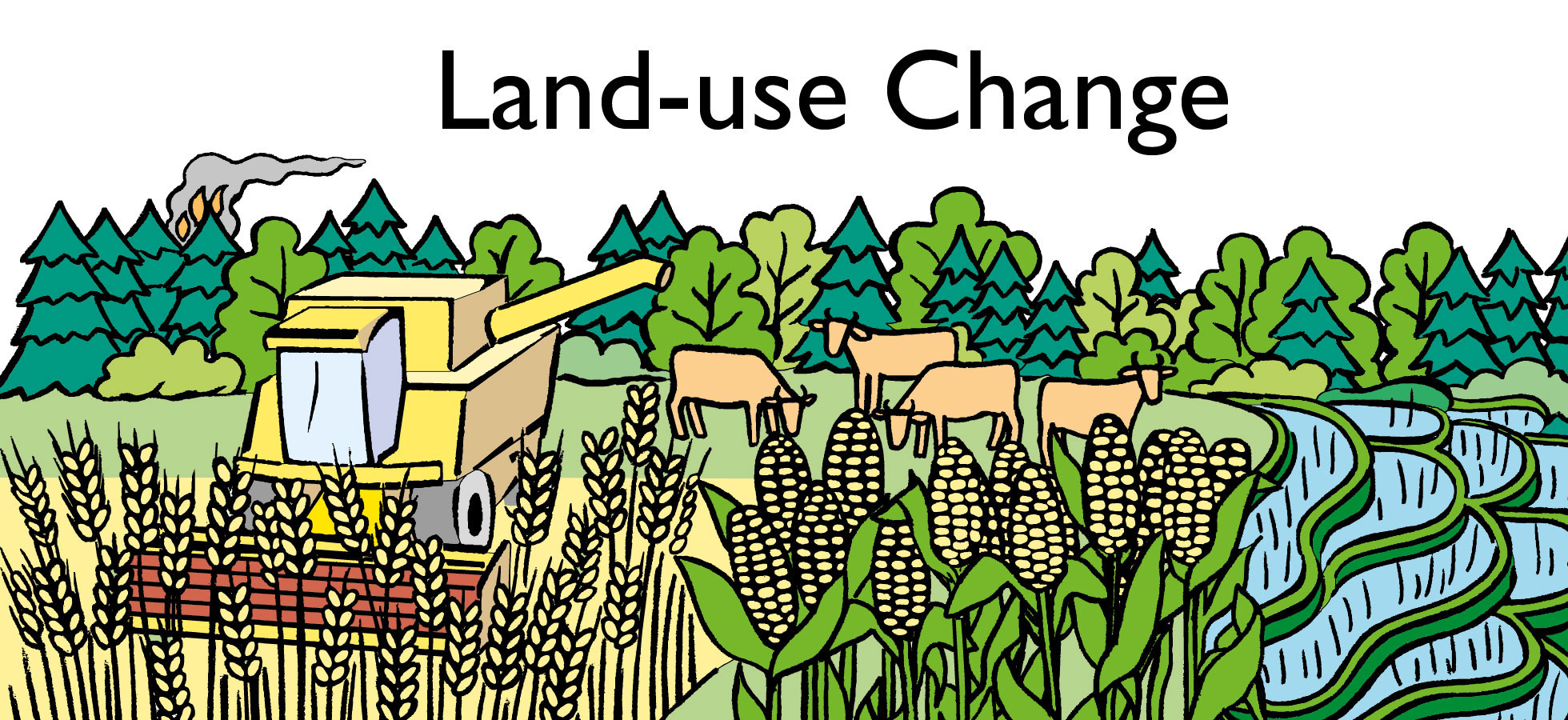
Land use is a fascinating topic that plays a crucial role in shaping our world. From sprawling urban landscapes to vast agricultural fields, how we allocate and utilize land has a profound impact on our environment, economy, and society. In this article, we will delve into 11 extraordinary facts about land use that will shed light on the diverse ways in which land is utilized across the globe. From the staggering amount of land used for agriculture to the intricate balance between conservation and development, these facts will showcase the complexity and significance of land use. So, let’s dive in and uncover some intriguing insights about how we utilize and manage the Earth’s precious land resources.
Key Takeaways:
- Over 50% of the Earth’s land is used for farming, and urbanization is changing the landscape. Land use affects water, climate, and ecosystems, making sustainable planning crucial for our planet’s future.
- Land use impacts everything from food production to climate change. Conflicts can arise between different groups, but smart planning and management can help balance economic, social, and environmental needs for a sustainable future.
Land use is the human modification of the Earth’s surface.
Land use refers to how the land is utilized by humans for various purposes, such as agriculture, residential development, industrial activities, conservation, and recreation.
Over 50% of the Earth’s land surface is used for agriculture.
Agricultural land use is the most prevalent form of land use globally. It involves the cultivation of crops and the rearing of livestock to meet the world’s growing food demand.
Urbanization is a significant driver of land use change.
As cities continue to grow, land is converted from rural to urban use, leading to the expansion of infrastructure, housing, and commercial areas.
Deforestation is a major land use issue.
The clearing of forests for logging, agriculture, and other activities is responsible for large-scale deforestation, leading to habitat loss, biodiversity decline, and contributing to climate change.
Land use can impact local and global ecosystems.
The conversion of natural habitats into human-dominated landscapes can disrupt ecological processes, endanger species, and threaten the overall health of ecosystems.
Land use can be sustainable through smart planning and management.
Efforts can be made to ensure that land use practices are environmentally, socially, and economically sustainable, promoting the long-term well-being of both humans and the planet.
Land use policies vary across countries.
Different nations have diverse approaches to land use planning, regulations, and management, reflecting their unique geographical, cultural, and economic contexts.
Land use affects water resources.
Changes in land use, such as urban development or intensive agriculture, can impact the quality and availability of water resources, leading to issues like water pollution and depletion.
Land use can contribute to climate change mitigation.
Proper land management practices, such as reforestation and afforestation, can help sequester carbon dioxide and mitigate the effects of greenhouse gas emissions.
Land use conflicts can arise due to competing interests.
Conflicts may arise when different stakeholders have conflicting goals and interests regarding the use of specific land areas, such as between conservationists, farmers, and developers.
Land use planning plays a crucial role in sustainable development.
Strategic land use planning is essential for balancing economic development, social needs, and environmental conservation to achieve long-term sustainability.
Conclusion
Exploring the fascinating world of land use reveals a multitude of extraordinary facts. From the vastness of agricultural land to the intricacies of urban planning, our planet’s land plays a vital role in sustaining life and facilitating human activities. Whether it’s the surprising distribution of land across different uses or the challenges posed by rapid urbanization, land use offers a window into the complex relationship between humans and their environment. By understanding these facts and their implications, we can work towards more sustainable and equitable land management practices that benefit both people and the planet.
FAQs
Q: What is land use?
A: Land use refers to the way land is utilized and managed by humans for various purposes such as agriculture, forestry, residential and commercial activities, transportation, and conservation.
Q: How is land use categorized?
A: Land use is categorized into different types such as agricultural land, forest land, urban land, rural land, recreational land, and protected areas.
Q: What is the importance of studying land use?
A: Studying land use is crucial for understanding the impact of human activities on the environment, managing natural resources, planning sustainable development, and mitigating the effects of climate change.
Q: Why is land use planning important?
A: Land use planning helps ensure a balanced distribution of land for different purposes, promotes efficient and sustainable land use patterns, and avoids conflicts and negative impacts associated with improper land use.
Q: What are the challenges of land use?
A: Some challenges of land use include urban sprawl, land degradation, deforestation, loss of biodiversity, conflicts over land ownership, and balancing the needs of human development with environmental conservation.
Q: How can sustainable land use be achieved?
A: Sustainable land use can be achieved through measures such as land zoning, conservation practices, promoting agroecology, urban planning that prioritizes green spaces, and implementing policies that support responsible land management.
Was this page helpful?
Our commitment to delivering trustworthy and engaging content is at the heart of what we do. Each fact on our site is contributed by real users like you, bringing a wealth of diverse insights and information. To ensure the highest standards of accuracy and reliability, our dedicated editors meticulously review each submission. This process guarantees that the facts we share are not only fascinating but also credible. Trust in our commitment to quality and authenticity as you explore and learn with us.
